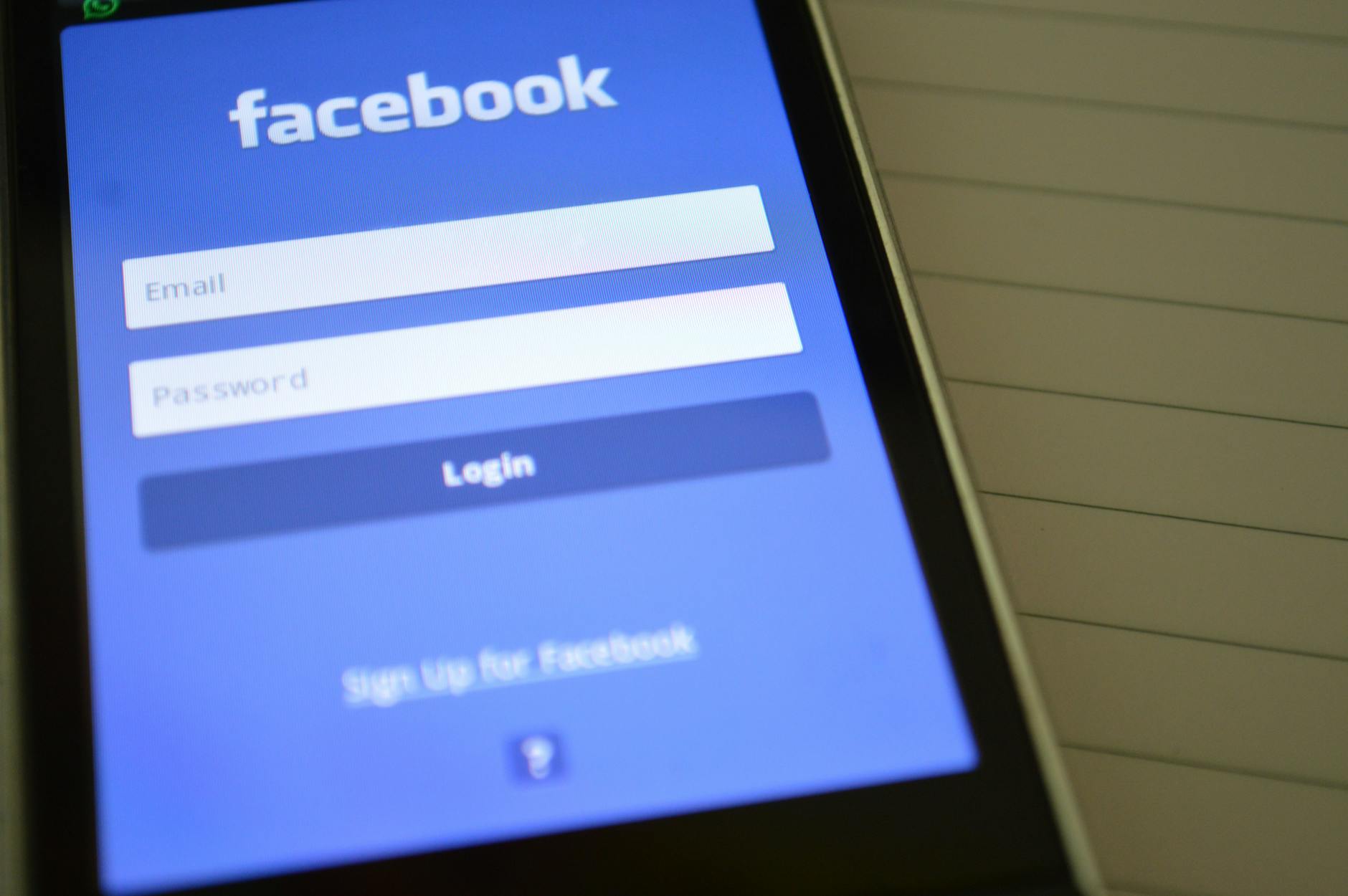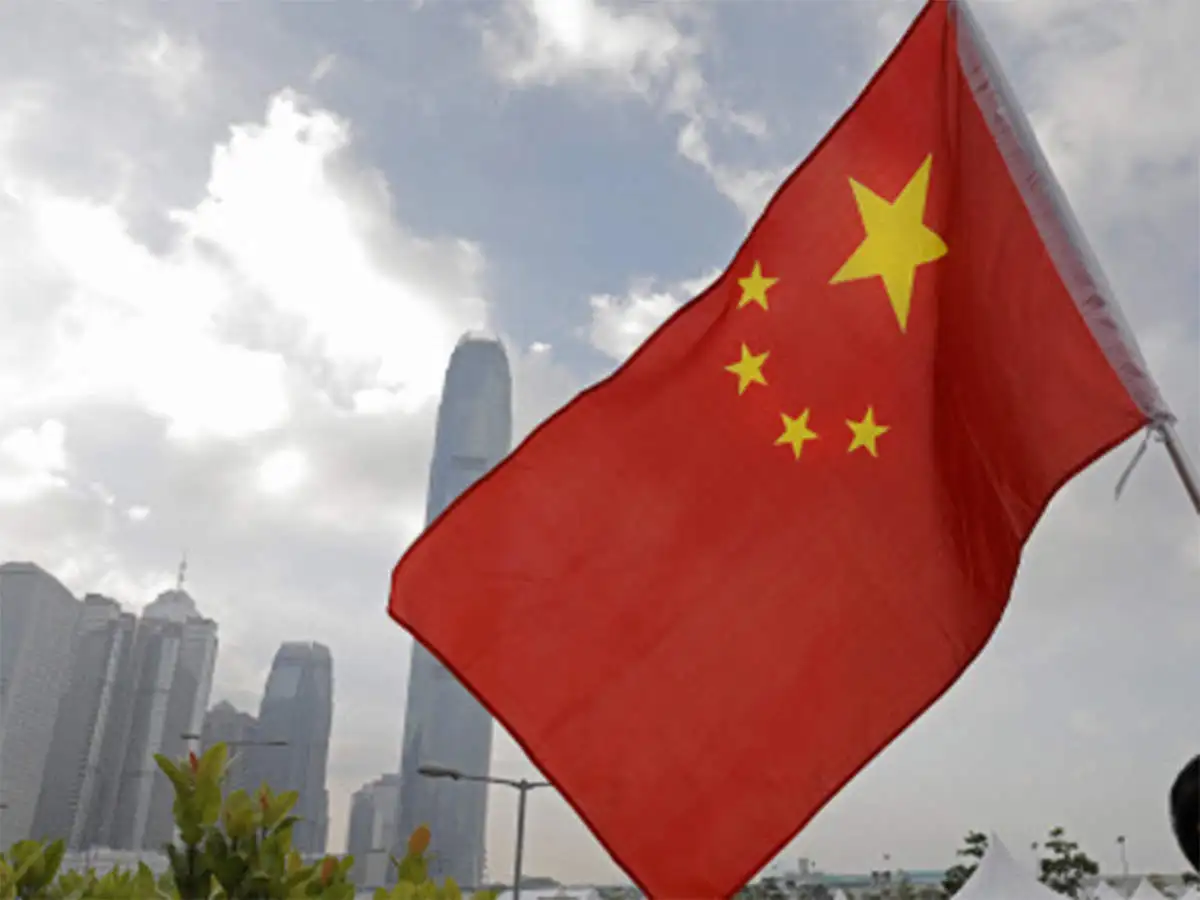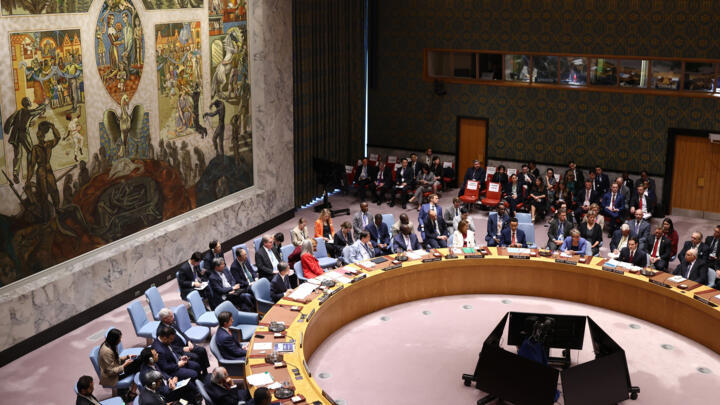facebook updates monetization guidelines to curb unoriginal content in 2025

In 2025, Facebook shakes up the rules for creators by tightening its monetization guidelines, with a specific focus on curbing unoriginal content. Unoriginal posts—whether duplicated, recycled, or AI-cloned—are now facing more attention than ever before. This update reflects a broader push across social platforms, with authenticity and unique contributions sitting at the top priority. For creators, staying on top of these policies means more than just following rules—it’s about thriving in a digital world that rewards fresh voices and creative effort.
What Are Facebook’s Updated Monetization Guidelines for 2025?

Facebook’s latest monetization guidelines, outlined in the official Content Monetization Policies, require all creators and publishers to prioritize authenticity if they want to earn revenue. The most significant update is a tougher stance on what Facebook calls “unoriginal content.”
What qualifies as unoriginal? The new policies point to the following:
- Reposting someone else’s work without meaningful changes or adding your own perspective.
- Repetitive, duplicate, or syndicated posts that offer no value beyond the original source.
- AI-generated content that mimics or copies existing human creations, unless the creator adds commentary or significant edits.
- Reusing viral content or popular memes without permission or credit.
Creators who breach the new rules may see their monetization benefits removed, their reach restricted, or even their accounts suspended. Facebook now provides source attribution guidelines, letting users better understand how to credit and build on other people’s work.
Defining ‘Unoriginal Content’ on Facebook
So how exactly does Facebook spot unoriginal content? The platform uses advanced detection tools to scan for copycat posts, cloned media, and accounts that rely on recycled material. According to their Limited Originality of Content Guidelines, the following are clear red flags:
- Duplicate posts across multiple accounts or pages.
- Reposts of viral clips, memes, or images without notable changes.
- Content produced mostly by automated AI tools, especially if it resembles existing human art or writing.
Even subtle forms of duplication can lead to penalties. For example, tweaking a meme with minor adjustments won’t cut it—creators need to offer something new or personal to stay eligible for monetization. Giving proper credit with a direct link back to the source helps, but transformation is key.
New Enforcement Mechanisms and Penalties
Facebook’s algorithms continuously analyze billions of posts, looking for unoriginal content patterns. Once detected, accounts may face:
- Demonitization, cutting off ad revenue for ineligible content.
- Lowered reach, making it harder for recycled posts to appear in feeds.
- Warnings or suspensions for repeat offenders.
Recent reports from Meta indicate a substantial removal of spammy, duplicate, or fake accounts every quarter. Their enforcement data shows millions of blocks, freezes, and sanctions aimed not just at bots but at creators looking for quick wins by recycling material.
Features to Support Originality and Attribution
Facebook isn’t just cracking down—it’s also rolling out new tools to support original creators. The Professional Dashboard now highlights original content performance, while tools like clickable attribution links let creators tag and credit each other directly. This encourages transparent collaboration and rewards users who bring unique takes or credit original sources.
Creators have more visibility into their eligibility through the monetization dashboard. If your content comes close to the edge, Facebook flags it with guidance on fixes or clarifies what needs attribution, offering a chance to adjust before facing severe penalties.
Implications for Content Creators and the Social Media Landscape
For creators, these updates aren’t just about following rules—they’re about adapting strategies to stay visible and profitable. Copy-paste posting is out. Inventive, unique work is in. Whether you’re a meme-maker, journalist, or influencer, building your brand now means embracing what sets you apart.
Other platforms are also cracking down. YouTube’s copyright guidelines and TikTok’s original content policy both make originality a top priority. For a full comparison, you can review how social media copyright laws affect content creators.
With these global shifts, Facebook aims to keep its share of top creators by offering competitive incentives—like better ad revenue splits and easier ways to monetize with features such as photo/video earnings and Stars donations.
How Creators Can Adapt and Thrive Under the New Rules
These guidelines don’t just punish duplication—they invite creativity. Here’s how to adapt:
- Add commentary, voiceovers, or personal insights when sharing popular clips.
- Remix or edit videos, images, or memes so your version feels new or different.
- Credit the original creator by tagging them or using supplied attribution tools.
- Focus on producing unique stories, tutorials, or reactions—a simple repost won’t earn anymore.
- Stay up-to-date on Facebook’s latest monetization eligibility rules.
Creators who treat their page as a reflection of their own voice, not just popular trends, will find more doors open.
Facebook’s Monetization Strategy: Competing for Creators in 2025
Facebook balances stricter rules with better rewards. It’s consolidating all monetization features—ads, brand collaborations, Stars donations, and paid subscriptions—under one clear dashboard. This makes it easier for creators to track earnings, spot eligibility issues, and tap into the full suite of revenue tools. The updates also align with Facebook’s push to compete more directly with short-form video revenue models popularized by TikTok and YouTube.
The commitment shows in newer programs, such as expanded photo monetization and improved video ad integrations. With transparent policies and better creator support, Facebook signals it values not just big names but every original storyteller.


















